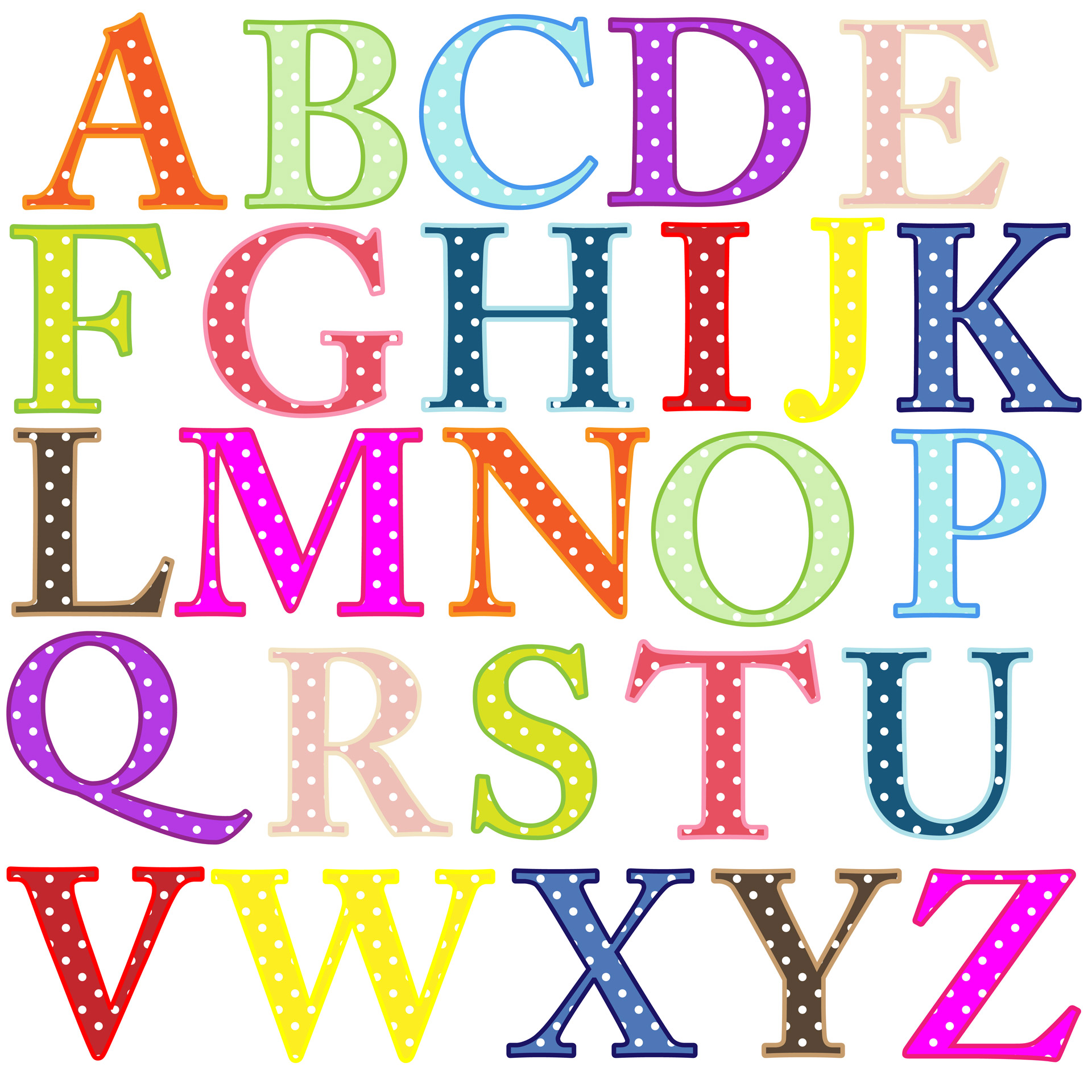If your child is struggling with reading, you might be wondering what is wrong and what you can do to help them. You might be wondering if your child has dyslexia. Many times, the problem is simply that children are missing the foundational skills that must be learned to make reading more automatic for them as they get older. The most basic of these foundational skills is phonemic awareness. What is phonemic awareness? It is the understanding of how the sounds work. Before children can begin reading, they need to understand that words are made up of speech sounds. Those sounds are called phonemes. Phonemic awareness is all about hearing sounds and has nothing to do with the printed letters. When children learn to sing “The Alphabet Song”, this is one of the first steps.
Without skills in phonemic awareness, it is difficult for children to connect the sounds of our language and break it down into parts. It is important for children to learn at an early age to play with rhymes and alliteration so that they can pick up reading more easily later on. (Peter Piper picked a peck of pickled peppers.) But even if they missed this step when they were young, there are lots of fun activities you can do with them later to build up this skill. For example, if your child did not learn nursery rhymes when they were young, you can choose any song with a rhyming pattern and have them sing along or just listen to find the rhyme. How cool would your child think you were if you looked up the lyrics to their favorite songs from Spotify and asked them to go over the rhyming patterns? Or, what if you looked up some funny tongue twisters and practiced them together in the car on the way to dance class or baseball practice?
The important thing about practicing these skills is that it is done without looking at the letters or words. That can be confusing. Think of all of the times that the same sound is made by different letter combinations: (The long a sound in tape, play, eight, great, plain). This can be incredibly confusing to any of us, so it is best to just stick to the sounds at first.
Here are some activities you can do with younger children to help develop phonemic awareness:
- Begin reading and singing nursery rhymes at an early age so that children can develop a familiarity with rhyming sounds. You can use these nursery rhymes to sing lullabies to your children as babies and they will recognize them as they get older. If you don’t consider yourself a singer, these nursery rhymes are available on CDs and many other audio forms.
- Go on a letter hunt around your house and look for objects that begin with a common sound. You might start with the letter B and find things like: balls, blocks, a banana, band-aids, balloons, beads, buttons, bows, and bibs. Then as you pull these items out of the bag, separate the sounds and have your child repeat after you. Like this: b-a-ll, bl-o-cks, b-a-nd-ai-d, b-a-ll-oo-n, etc.)
- Think of a word that has lots of rhyming words, such as bit, fit, hit, pit, quit, sit, and split. Give your child the first word and then generate a list of rhyming words together. You might want to have a few lists ready so that you can help your child to think of rhyming words together. These are called word families, and there are so many of these you can use for this activity. A simple Google search will help you come up with enough to keep you busy for months!
If you have older children, and you feel like they need to go back and develop phonemic awareness, here are some activities that you can do with them:
- Play “The Name Game” – that old song from the 1960s by Shirley Ellis. (Shirley, Shirley Bo-ber-ley, bo-na-na fanna Fo-fer-ley, Fee-fi-mo-mer-ley, Shirly. You can find the song on YouTube so sing along if you’re not familiar with it, and then you can sing it together with the names of all of their friends. I think I was in middle school when I discovered this song and enjoyed singing it all the time!
- Use the words to some silly poems to have your child write their own rap. I love Shel Silverstein and Jack Prelutsky for older kids. You can use an app like Garage Band to add a cool beat and they can record their voices for their own original rap song!
- To practice alliteration, you can either find some fun tongue twisters, or use a subject their really enjoy to think of fun names that start with the same letter. For example, my daughter LOVES animals. So we have fun giving names to the animals, such as Tony the Tiger, Corey the Cat, Liam the Lion, etc. If animals aren’t their thing, they could think of adjectives to describe their friends. Just be sure to keep it positive to encourage kindness. Smiley Susan, Calm Casey, Humble Hannah, Generous Gerald, etc. Again, a Google search for adjectives will help you come up with the words.
Just remember to have fun teaching and reinforcing this skill with your child. Anytime you can make this more about spending time together and having fun with words, it’s a win-win.

